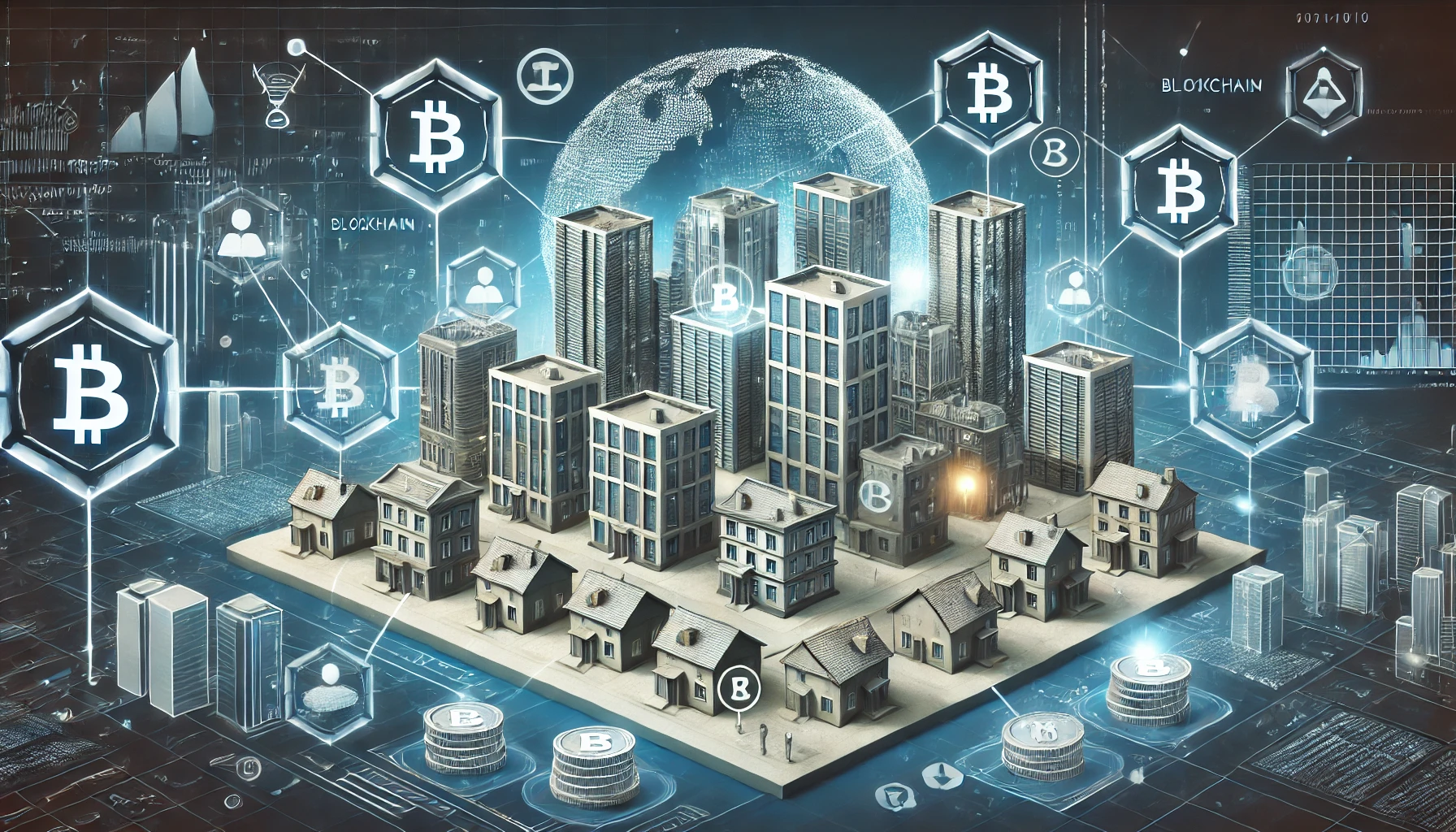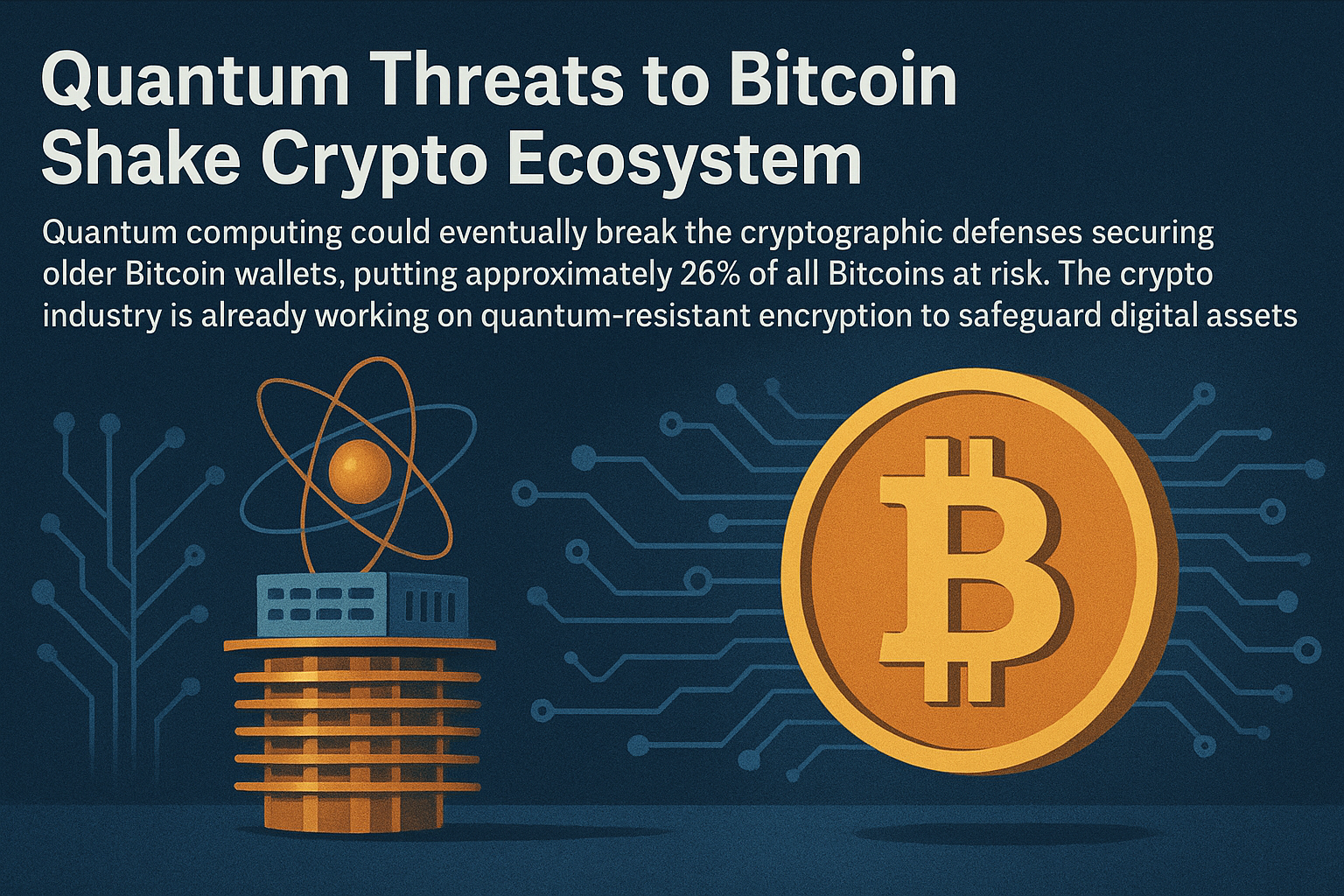Introduction
Blockchain technology is disrupting industries far beyond the financial sector, and one of the most promising areas is real estate. Through the power of tokenization, blockchain is enabling a new form of property ownership that is more accessible, efficient, and inclusive. Tokenized property ownership allows individuals to invest in real estate without the need for large capital or traditional gatekeepers. This innovation is reshaping the global property investment landscape.
What is Tokenized Real Estate?
Tokenized real estate refers to the process of representing ownership of a physical property as digital tokens on a blockchain. Each token represents a fractional share of the property and can be bought, sold, or traded just like stocks or cryptocurrencies.
These tokens are typically backed by legal contracts and smart contracts, ensuring that token holders have legally binding rights to a portion of the real-world asset. This opens up real estate investment to a broader audience by significantly lowering entry barriers.
How Blockchain Makes It Possible
Blockchain’s core features—decentralization, transparency, and immutability—are what make tokenized property ownership feasible:
- Decentralization eliminates the need for intermediaries like banks, brokers, or notaries.
- Transparency ensures that all transactions and ownership records are publicly verifiable.
- Immutability prevents tampering with property records or token allocations, increasing trust.
Smart contracts further streamline the process by automating legal agreements, rent distributions, and compliance checks.
Benefits of Tokenized Property Ownership
1. Fractional Ownership
Investors no longer need to buy an entire property. With tokenization, they can purchase small fractions, making real estate more affordable and diversified.
2. Global Accessibility
Anyone with internet access and a digital wallet can invest in real estate across borders, breaking down geographical limitations.
3. Liquidity
Unlike traditional real estate, which is notoriously illiquid, tokenized assets can be traded on secondary markets, offering investors the ability to cash out more easily.
4. Lower Transaction Costs
By removing intermediaries and automating processes, blockchain reduces fees typically associated with property transactions.
5. Faster Transactions
Smart contracts enable instant settlements and reduce the time it takes to complete deals.
Real-World Examples
Several platforms are already paving the way for tokenized property ownership:
- RealT allows investors to buy fractional ownership in U.S.-based rental properties.
- Propy facilitates blockchain-based property transactions with legal recognition in some jurisdictions.
- Brickblock offers institutional-grade tokenization services for real estate assets.
These platforms showcase how blockchain can make real estate investing more democratic and efficient.
Regulatory Challenges
Despite its promise, tokenized real estate faces legal and regulatory hurdles. Issues like securities classification, cross-border compliance, and property law integration remain complex. However, ongoing collaboration between regulators and blockchain innovators is gradually resolving these issues.
The Future of Real Estate Investment
As blockchain adoption grows, tokenized real estate is expected to become a mainstream investment option. With more platforms entering the market and legal frameworks evolving, the barriers to real estate investing are falling.
Tokenized property ownership is not just a technological upgrade; it is a shift toward a more inclusive and transparent property market. It empowers individuals, fosters global investment, and streamlines the entire property lifecycle.
Blockchain technology is fundamentally transforming the way we think about property ownership. By enabling tokenized real estate, it offers a more accessible, liquid, and efficient investment model. As legal and technological ecosystems mature, tokenized property ownership will likely become a cornerstone of the global real estate industry.




